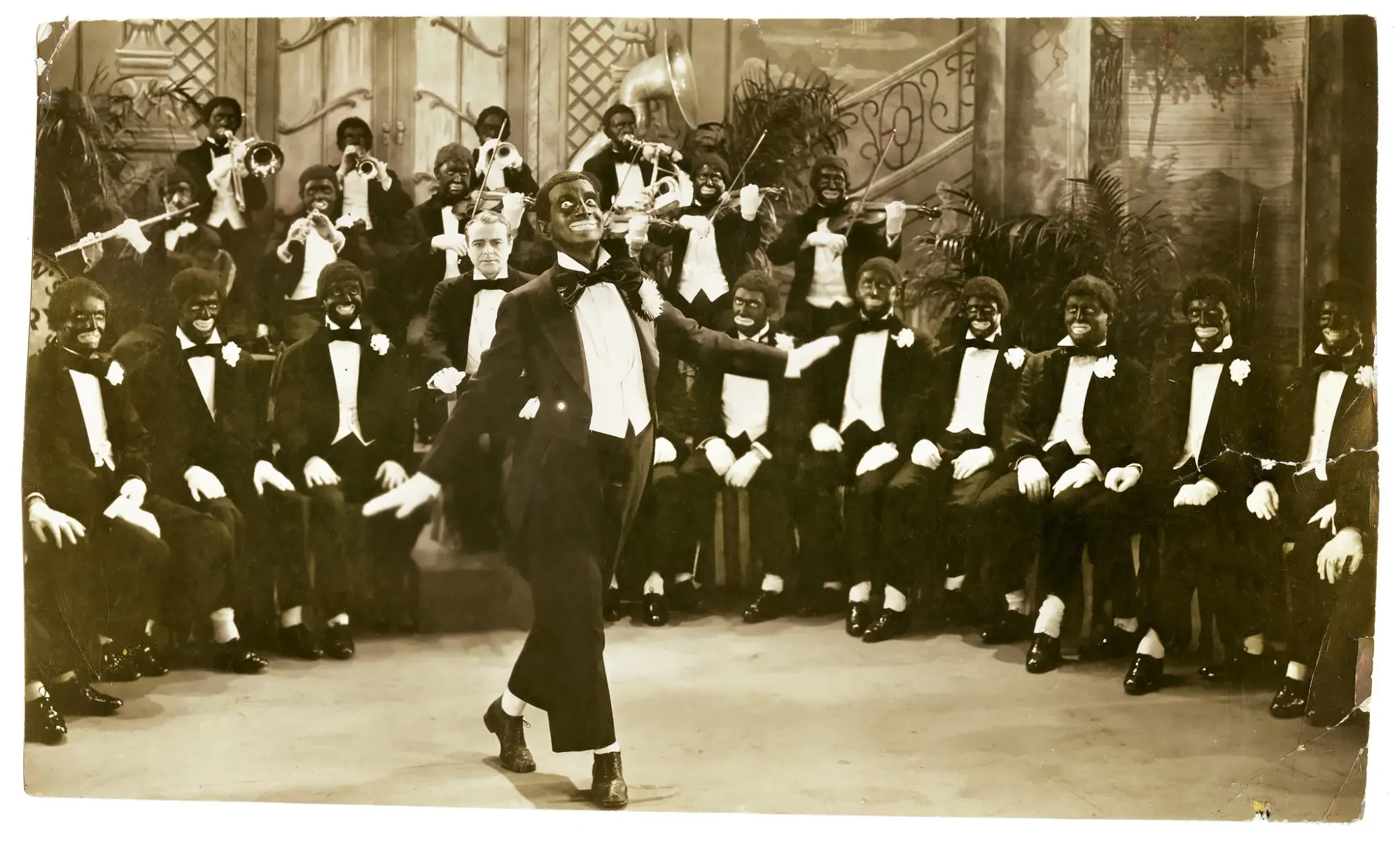Anti-poetry is a term that has existed for at least a hundred years, perhaps a bit longer, and it is ultimately about subverting the poetic tradition—a counterculture condensed into words on paper. Nicanor Parra is often credited as being the “father” of anti-poetry, though the concept was understood and dabbled with by poets immediately preceding him. Still, his Poemas y antipoemas, which I have read in its English translation and highly recommend to anyone looking to read something unexpected and down to earth, stands at the pinnacle of anti-poetry.
This is what I would have said a few months ago. But now I feel as though another poet and collection are potentially capable of dethroning Parra. At the very least, they shine some light on some complicated issues embedded into the world of creative writing.
Aaron Barry is the name of the man who has caused a certain type of uproar within the literary world. Still, his story is not quite as well known as it should be. A straight, white man with a tad of success in the poetry world decided one day to write under a pseudonym representing a marginalized group, curious about the importance of identity over poem quality; his poetry started getting published and thus began the experiment. He said, “I wanted to test what the gatekeepers were really looking for,” Barry later confessed in a piece published under one of his many aliases, Jasper Ceylon. “It seemed identity had become more important than the writing itself.” After having too many poems find success in excellent literary magazines, he put together a collection of these works, titled Echolalia Review, which was published in April of 2025. Within, we find all of the identities he utilized during the experiment: Jonathan Oberman-Crosby (he/him), caretaker of three mixed-race boys; Waceo A. Mitaker (real/one), incarcerated four times on drug charges; adele nwankwo (they/them), genderfluid member of the Nigerian diaspora; Khayala Ghousseni, twelve-year-old Turkish-Syrian-German asylum-seeker inspired by Greta Thunberg; and many, many others that are just as wild or more so.
The most essential part of this experiment, however, was the fact that he purposefully wrote nonsensical poems, poems that, in any normal world, would not be published by any journal or magazine that takes itself seriously. On page 162 of the collection, Barry states clearly that “With very few exceptions, all of the poems in the fake Echo issue were accepted for publication as ‘serious’ poems in legitimate literary journals the world over … thirty publications fell for the gag, accepting forty-seven pieces, if we exclude the couple of humour-oriented magazines that accepted pieces clearly framed as works of satire.”
I’ll give a rundown of what happens in this collection (but I eagerly plead with you to purchase a copy and read it for yourself, because it is perhaps one of the most entertaining collections I have ever read). On page 23, the poem “cherry blossoms bussin”, written by Dirt Hogg Sauvage Respectfully takes itself entirely unseriously, as all of his poetry does. The first stanza is “respectfully mama nature / ur cherry blossoms be bussin fr” and the poem continues like this down the page, in broken English. The poem immediately following this one in the collection is almost entirely in a different language.
On page 27, there is an interview/poem between two of his pseudonyms/characters, which I will praise for its experimental value and then immediately disregard for the fact that it is literally just a humorous interview and contains the same problems (worsened) that I have with prose poetry. Whitman started a slippery slope with his free verse, and now we are halfway down, bombarded by prose blocks devoid of musicality, rhyme, meter.
Moving on, pages 73 to 76 hold a collage of various words and sketches, in a poem titled “INSTAPOETRY CORNER” (which I was glad to have found within the collection, given my vast distaste for typical Instagram poetry). And every other poem is basically some version of the above, complete with every fashionably hot word or phrase (“fatphobe”, “Black”, “autistic”, “Marx”, “capitalism”, “should I kill myself”) and bursting with unbearable levels of quirkiness.
Here is my ultimate issue with this collection, though: does it demonstrate the unfortunate role that identity politics has played in literary circles, both amateur and professional? Yes. Does it also demonstrate perhaps a shift of focus from the audience toward poetry that takes itself less seriously? Maybe. Does this anti-poetry actually have substantial literary value through the clear effort it took to craft these pieces as well as the positive reaction from editors and readers alike, thus validating itself as quality art that perhaps subverts half of the argument of this collection, which is that low-quality or purposefully “bad” pieces can find success when they find themselves attached to authors with identities that exude the characteristics of quintessentially marginalized people? I can’t say no.
Overall? A must-read, suited for the whole family (please don’t read this to your children).



